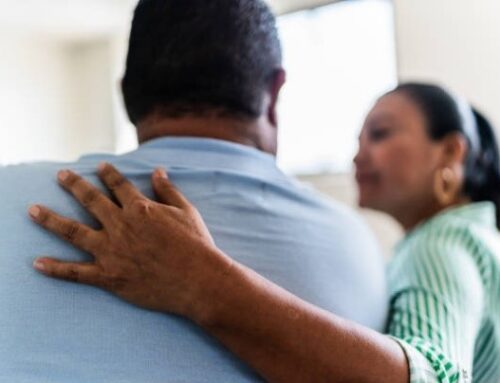This week, the Boston Globe reported on the dismal results of the latest legislation for hospitals treating those with opioid addictions. More specifically, very few patients who are brought into the ER following an overdose are willing to take advantage of provisions that help them get into treatment, starting with a 10-minute evaluation conducted by a behavioral health clinician.
The original piece of legislation spearheaded by Governor Charlie Baker required that patients who are taken to the ER following an overdose and revival, be held involuntarily for 72 hours and begin detoxification. While that part of the bill was axed, the evaluations are still alive, but many patients refuse to partake – 50 to 90 percent in fact, decline the medical evaluation, according to a series of hospitals in Massachusetts who took part in the Globe’s survey.
Does an overdose mean rock bottom for everyone?
“Rock bottom” means “the lowest or most fundamental part or level.” In other words, what may be the last stop in someone’s drug or alcohol addiction before they decide that it’s time to seek help. In order to understand why patients are refusing further treatment following an overdose, we must understand that an overdose may not be rock bottom for some and that this entire concept may be completely outdated.
“I certainly do not think an overdose is a rock bottom. In fact, what we are seeing today with the opiate epidemic is that the old idea of a rock bottom seems to be dated and not necessarily relevant anymore,” expressed Jodi Tarantino, LICSW, program director at the New England Recovery Center and host of Airing Addiction on WTAG. “If the idea of a rock bottom was relevant, it is important to recognize that rock bottoms are moving targets, relative to circumstances. What may seem like a rock bottom one day may no longer be as bad as it gets for someone as time goes on.”

What about a 72-hour detoxification period or involuntary hold in the hospital?
Involuntary hospital holds under the supervision of healthcare professionals have been common practice for psychiatric patients who are deemed a danger to others and/or themselves, though this part of the bill focused on overdose patients hit the cutting room floor. As we continue to fight the stigma against substance-use disorders, this disease should be included as another part of the mental illness scope and allowing these patients to leave the hospital could leave them a danger to themselves. A 72-hour hold for overdose patients may help prevent them from leaving to find their next fix, explains Tarantino.
“I don’t understand why we would treat safety concerns (re: substance use) differently than safety concerns (re: mental health issues),” she says.
“If we have the ability to involuntarily hold someone for 72-hours due to suicidal or homicidal ideation, then why would we not do the same if someone has had multiple overdoses? While I do not think this should be the routine response, I do think there should be an avenue for this that is more accessible.”
How should hospitals handle patients who have just suffered from an overdose after they leave?
Within the walls of the hospital, it’s easier to monitor patients and talk to them about getting on the right track to sobriety. When they leave the hospital, however, it’s a different story. Many patients who receive emergency treatment leave in search of their next fix. Like Tarantino mentioned, “rock bottom” is a moving target, and one overdose may just be a hiccup in this person’s life. How hospitals handle post-emergency treatment can make or break someone’s journey to recovery and it’s just as important to see the narrative through.
“I like the idea of a Clinician and Peer Recovery Coach intervening together with the PRC following up for a period of time after the ER visit,” explains Tarantino
“When someone goes into the ER because of an overdose, they frequently leave in search of another fix. The overdose reversal can cause someone to feel terrible, however the substance is still in their system, which is a setup for another overdose. If we can slow down the process while the person is in the ER, allow their minds to clear and hear the options available, there may be more positive outcomes.”
Airing Addiction airs every Saturday at 10 a.m. on WTAG-iHeartRadio with host Jodi Tarantino and special guests. Follow Airing Addiction on Facebook and subscribe to the show on iTunes and SoundCloud.










